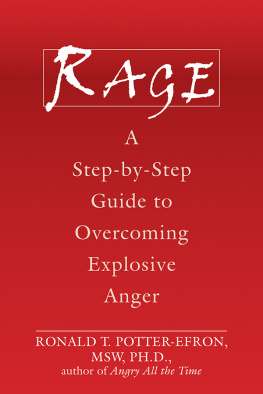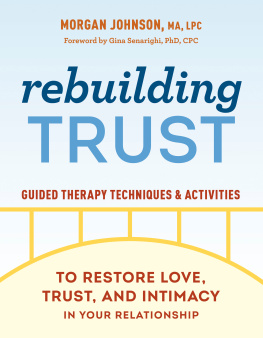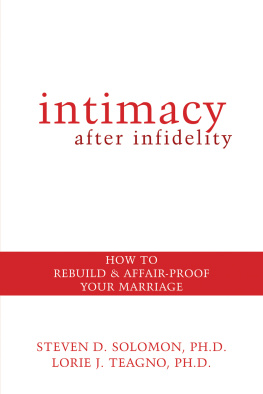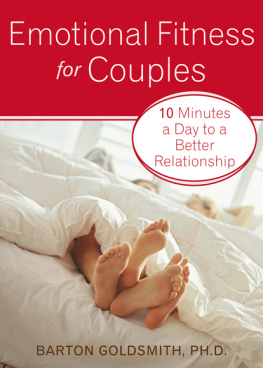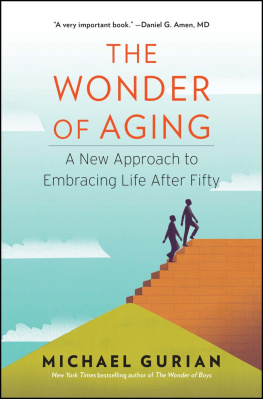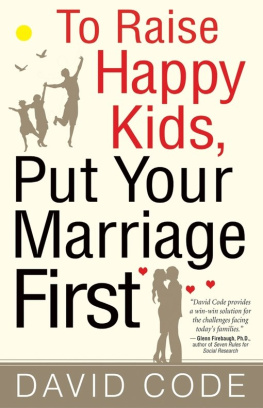Ronald Potter-Efron - The Emotional Affair: How to Recognize Emotional Infidelity and What to Do About It
Here you can read online Ronald Potter-Efron - The Emotional Affair: How to Recognize Emotional Infidelity and What to Do About It full text of the book (entire story) in english for free. Download pdf and epub, get meaning, cover and reviews about this ebook. year: 2007, publisher: New Harbinger Publications, genre: Romance novel. Description of the work, (preface) as well as reviews are available. Best literature library LitArk.com created for fans of good reading and offers a wide selection of genres:
Romance novel
Science fiction
Adventure
Detective
Science
History
Home and family
Prose
Art
Politics
Computer
Non-fiction
Religion
Business
Children
Humor
Choose a favorite category and find really read worthwhile books. Enjoy immersion in the world of imagination, feel the emotions of the characters or learn something new for yourself, make an fascinating discovery.
- Book:The Emotional Affair: How to Recognize Emotional Infidelity and What to Do About It
- Author:
- Publisher:New Harbinger Publications
- Genre:
- Year:2007
- Rating:4 / 5
- Favourites:Add to favourites
- Your mark:
The Emotional Affair: How to Recognize Emotional Infidelity and What to Do About It: summary, description and annotation
We offer to read an annotation, description, summary or preface (depends on what the author of the book "The Emotional Affair: How to Recognize Emotional Infidelity and What to Do About It" wrote himself). If you haven't found the necessary information about the book — write in the comments, we will try to find it.
The Emotional Affair is the only book on the market for couples seeking to cope with and recover from one partners emotional affair. Although emotional affairs often do not include physical intimacy, they can take away from the relationship by encouraging one partner to get his or her emotional needs met elsewhere, and by bringing secrecy and deception into the relationship, which damages trust just as surely as if the partner had slept with the other person.
Emotional affairs share three characteristics:
- Secrecy and deception. They neglect to say, We meet every morning for coffee. Once the lying starts, the intimacy shifts farther away from the marriage.
- Sexual chemistry. Even though the two may not act on the chemistry, there is at least an unacknowledged sexual attraction.
Often, people whose partners have emotional affairs either dont feel like they have a right to put an end to it (after all, the other person is just a friend and not a lover), or they have to contend with the cheating persons evasions and justifications (we work together, were not having an affair), and accusations that the jealousy or insecurity is not justified. It can be difficult to think of an emotional affair as a problem, even if its causing the partner worry, jealousy, insecurity, and the loss of emotional connection to the cheating partner.
This book helps the reader explore whether or not the partner is having an emotional affair and then offers steps to discovering the roots of the problem, making changes in the relationship, discussing the issue with the cheating partner, and recovering from the breach of trust and intimacy caused by the affair.
Ronald Potter-Efron: author's other books
Who wrote The Emotional Affair: How to Recognize Emotional Infidelity and What to Do About It? Find out the surname, the name of the author of the book and a list of all author's works by series.


